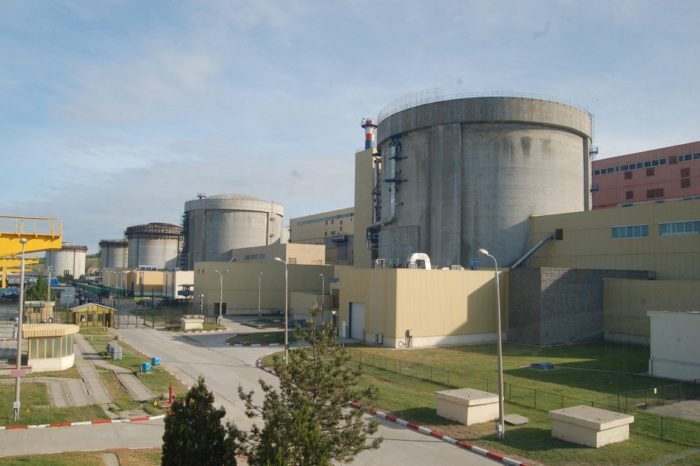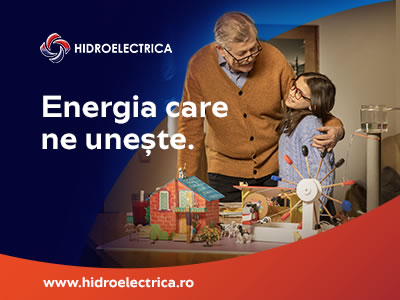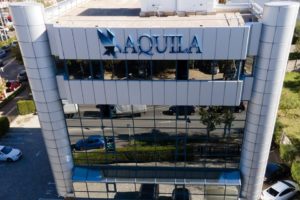The Role of Mentorship, Upskilling, and Reskilling in the Energy Industry
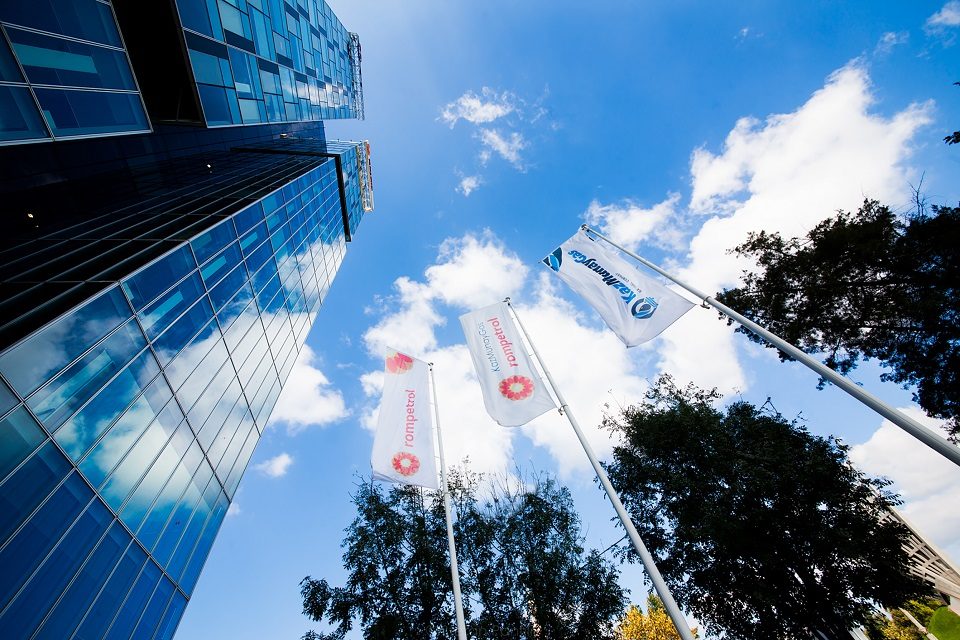
The energy industry has long been a critical component of the global economy, supplying energy to power and heating homes, transportation, and industries worldwide. However, the industry has undergone significant changes over the past few years, driven by evolving market dynamics and technological advancements. The COVID-19 pandemic has also accelerated these changes, creating new challenges and opportunities for the industry.
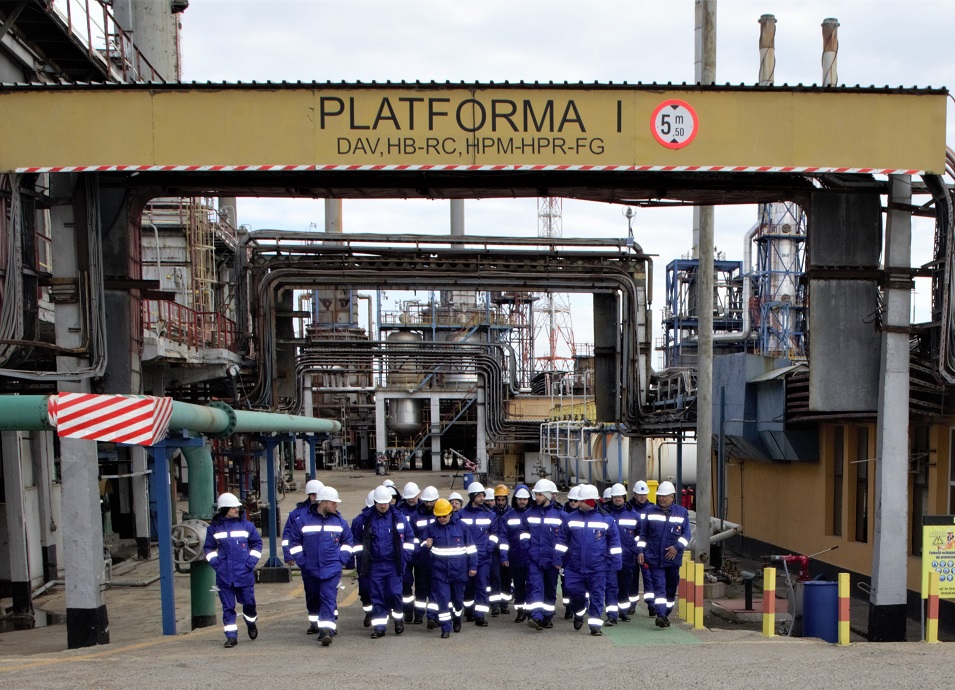
To remain competitive in this dynamic environment, energy companies must embrace mentorship, upskilling, and reskilling initiatives to develop and retain their workforce. These initiatives can help address talent shortages, close skills gaps, and foster a culture of continuous learning and improvement.
The program “Rompetrol School – Frist step towards a job in the refining sector” /” Scoala Rompetrol – primul pas spre meseria de rafinor” initiated in 2022 has currently ongoing its third edition, with 25 participants interested to obtain a qualification in the energy field. Flori Costache, HR Business Partner for Rompetrol companies that activate on Petromidia and Vega platforms and Laura Ticlete, experienced refining engineer, are coordinating the project – a landmark for best practices in the energy field.
“Mentorship programs are especially valuable for the energy industry, where many experienced workers are approaching retirement age. By pairing younger workers with experienced professionals, companies can transfer valuable knowledge and skills while building relationships that can benefit both parties. Mentors also help mentees navigate complex work environments and develop the technical and soft skills necessary for success in the industry. The main purpose of the project launched in 2022 consisted in the qualification of our new colleagues as Production Field Operator and Compressor Operator. By dual qualification, our objective is to bring flexibility to our workforce in operations area of Petromidia refinery.” explained Laura Ticlete, experimented refinery engineer, with more than 45 years of work experience in Petromidia refinery, who coordinates the theoretical and practical technical trainings for this project.
In recent years, the energy industry has also seen a growing focus on diversity, equity, and inclusion (DEI) initiatives. These initiatives aim to create a more inclusive workplace culture that supports workers from all backgrounds and experiences. Mentorship, upskilling, and reskilling programs can play a critical role in supporting DEI efforts by providing opportunities for underrepresented groups to advance their careers and develop their skills.
“Upskilling and reskilling initiatives are also essential for the energy industry, which requires workers with a specific set of technical and non-technical skills. As the industry moves towards greater automation, digitization, and renewable energy sources, workers will need to adapt to new technologies and processes. Upskilling and reskilling programs can help workers acquire new skills and knowledge, enhancing their career prospects and helping companies remain competitive. Reverse mentoring is a trend that has been gaining traction in recent years and is likely to continue in 2023. This involves pairing younger, less experienced employees with more experienced mentors who are seeking to learn new skills and perspectives from their mentees. This approach can help foster cross-generational collaboration and knowledge-sharing. We started this path in 2015 and we have integrated this approach in our Human Resource Strategy – Together we grow people”, mentioned Flori Costache, coordinator of the programme.
The COVID-19 pandemic has created new challenges and opportunities for the energy industry. The shift to remote work and social distancing has accelerated the adoption of digital technologies, requiring more initiatives related to upskilling and reskilling. The pandemic has also increased the need for agile and resilient workforce that can adapt to changing circumstances.
Mentorship, upskilling, and reskilling are critical components of the energy industry’s workforce development strategy. These initiatives help companies address talent shortages, close skills gaps, and foster a culture of continuous learning and improvement. By embracing these initiatives, companies can build a workforce that is agile, resilient, and well-equipped to navigate the challenges and opportunities of the energy industry in the years ahead.
KMG International is a pillar for the national economy, with more than 20 billion USD contribution to the state budget in the lats 15 years – fully assuming its responsibility in providing the Romanian energy sector with the necessary fuel and also with well-trained professionals that can deliver the necessary requirement to the highest standard.



